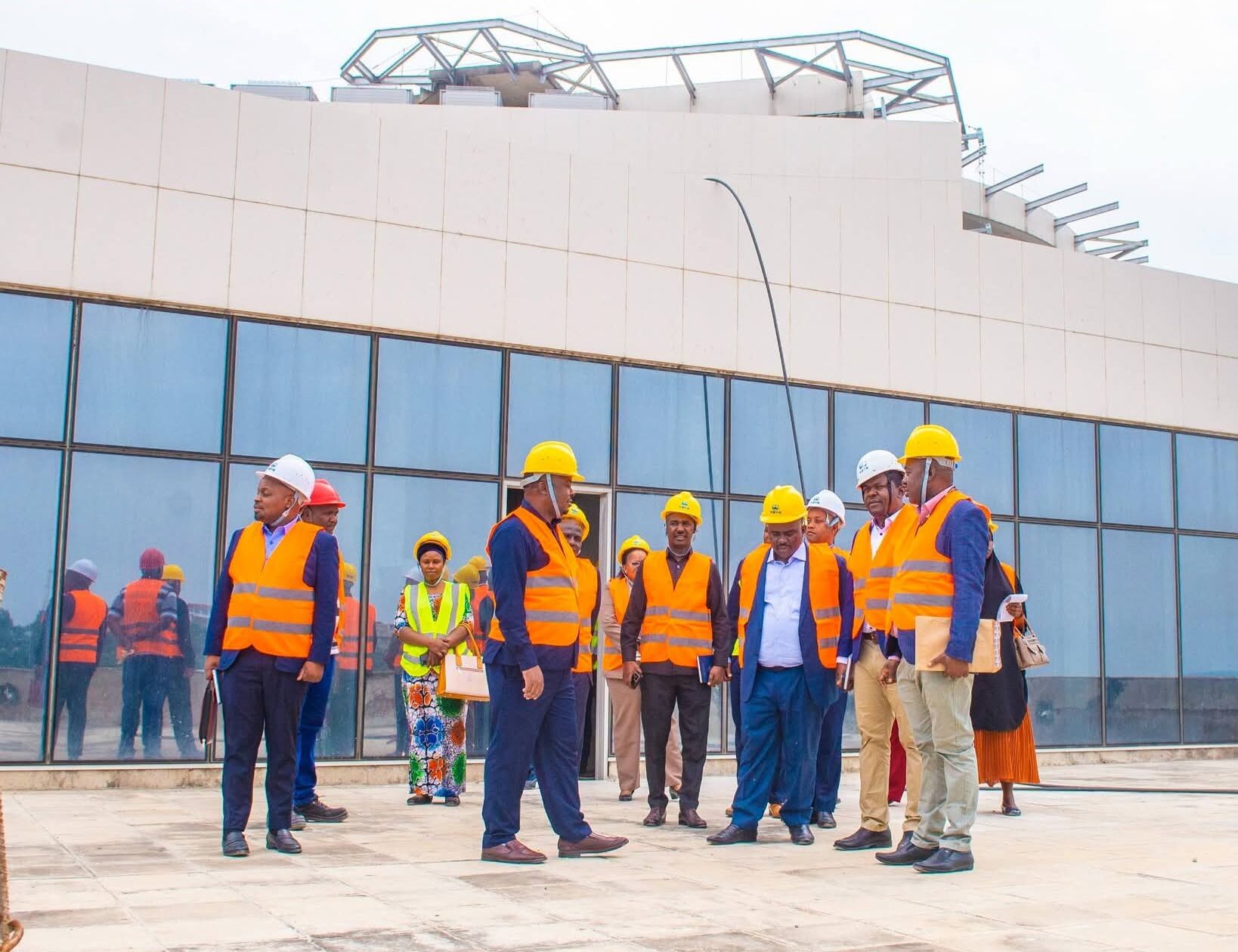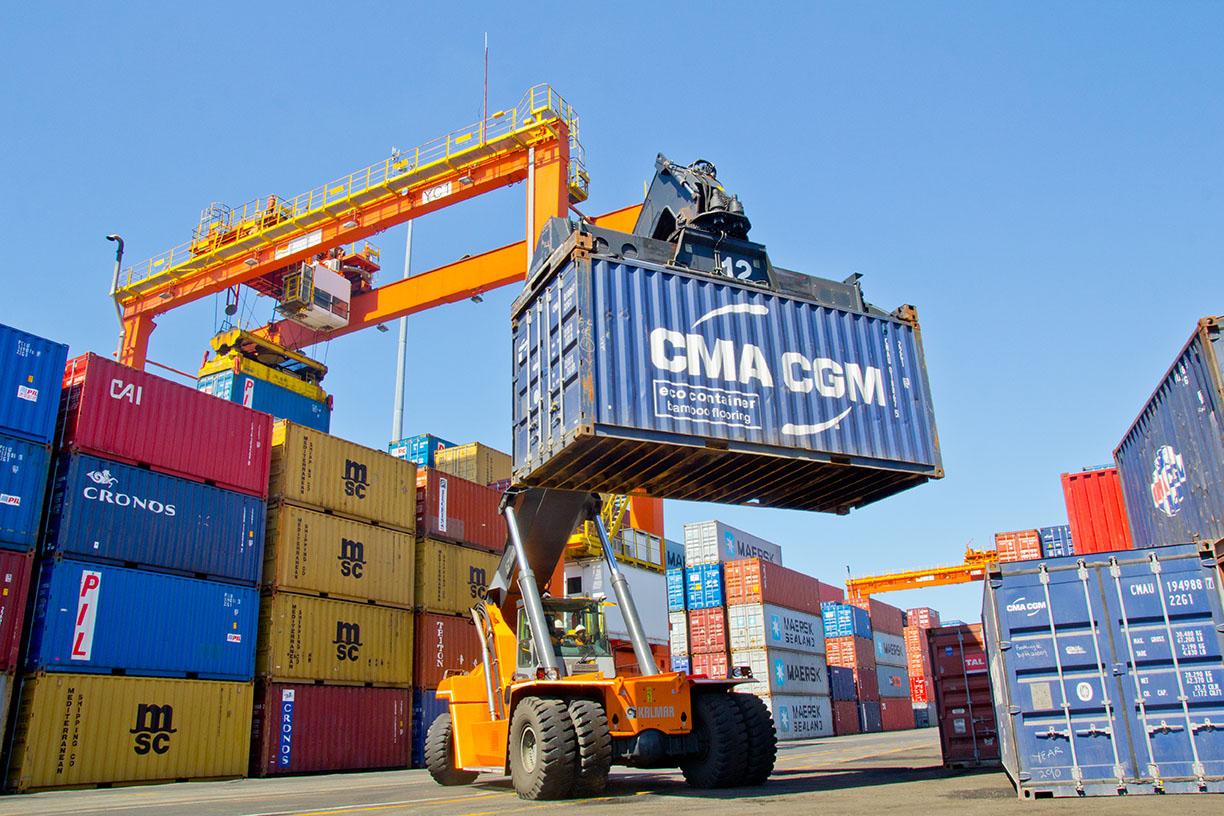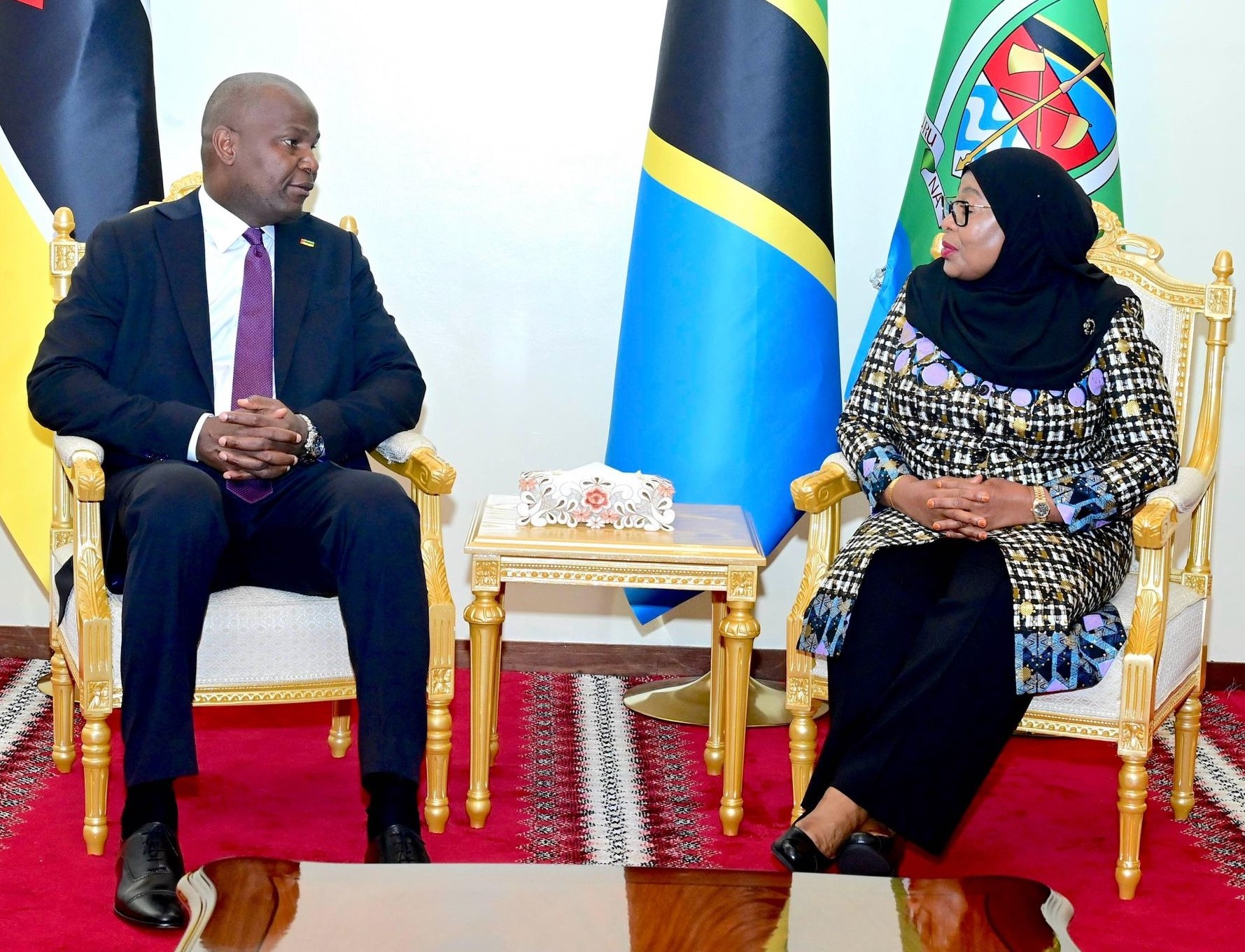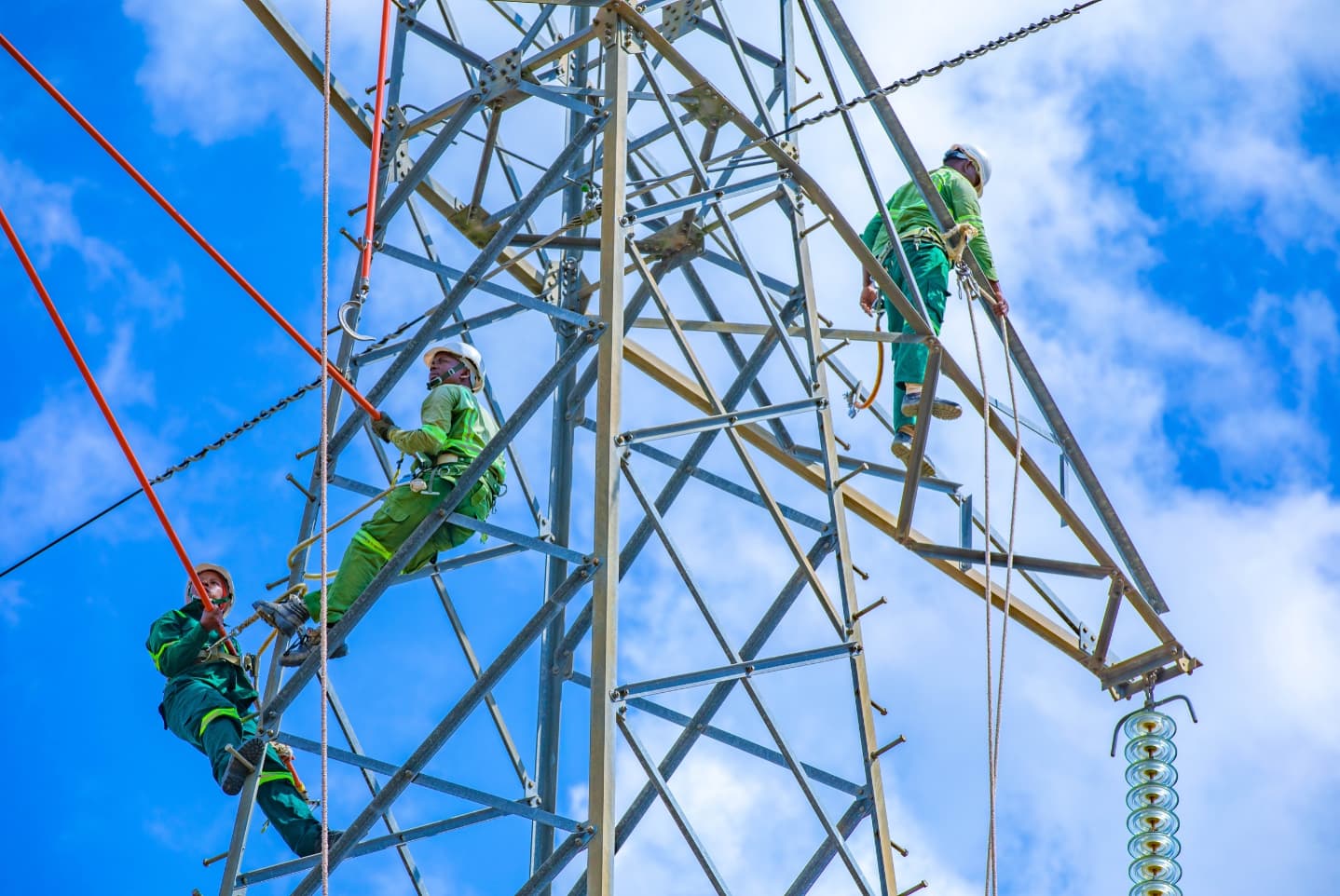Dar es Salaam. The Energy and Water Utilities Regulatory Authority (Ewura) has released the latest cap prices for petroleum products across Tanzania Mainland, effective from Wednesday, November 5, 2025, at 12:01 am, marking a period of price stability after several months of steady declines since May 2025.
The announcement sets maximum permissible retail and wholesale prices, revealing notable regional disparities.
Coastal port cities, including Dar es Salaam, continue to enjoy the lowest rates, while inland and remote districts face higher costs due to added transportation and logistical expenses.
Coastal Ports Maintain Lowest Prices
In Dar es Salaam, petrol is capped at Sh2,752 per litre, diesel at Sh2,704 per litre, and kerosene at Sh2,774 per litre — the same levels recorded in October.
Wholesale prices in the city remain the most competitive nationwide, set at Sh2,612.48 per litre for petrol and Sh2,564.79 per litre for diesel.
Tanga and Mtwara also maintain relatively low rates, with motorists in Tanga paying Sh2,813 for petrol and Sh2,766 for diesel, while in Mtwara, the respective prices stand at Sh2,844 and Sh2,797 per litre.
Inland Cities See Moderate Adjustments
Administrative and inland centres have slightly higher caps. In Dodoma, petrol is capped at Sh2,831, diesel at Sh2,783, and kerosene at Sh2,852 per litre.
Arusha residents will pay Sh2,861 for petrol, Sh2,814 for diesel, and Sh2,883 for kerosene, while Mwanza records Sh2,937 for petrol, Sh2,890 for diesel, and Sh2,959 for kerosene.
Further inland, Geita’s caps are Sh2,952 for petrol and Sh2,905 for diesel, with Mbeya at Sh2,884 for petrol and Sh2,837 for diesel.
Highest Prices in Remote Border Districts
The steepest prices remain in remote western and southern regions. In Kyerwa, Kagera, petrol is capped at Sh3,025, diesel at Sh2,977, and kerosene at Sh3,046 per litre.
In Bukoba, petrol now costs Sh3,002, diesel Sh2,955, and kerosene Sh3,024, while Ukerewe, Mwanza, records Sh2,997 for petrol and Sh3,018 for kerosene.
Stabilisation Follows Months of Declines
The unchanged November caps signal a pause in the downward movement that began in May 2025, when fuel prices started to ease following global oil price moderation and a stronger Tanzanian shilling.
Petrol fell from Sh2,947 per litre in May to Sh2,807 by September, diesel from Sh2,868 to Sh2,754, and kerosene from Sh3,053 to Sh2,774 over the same period.
Ewura’s Director General, Dr James A. Mwainyekule, said the stabilisation reflects balanced market indicators, including moderated global prices and exchange rate gains, which have helped sustain affordability.
He noted that although Free-On-Board (FOB) prices in the Arab Gulf rose slightly in October, the stronger shilling offset potential upward adjustments.
Ewura Enforcement and Consumer Rights
Ewura has reminded oil marketing companies and retailers that fuel must not be sold above the published cap prices under the Petroleum Act (Cap 392, Section 166), warning that non-compliant sellers will face legal action. Retailers may sell below the cap but not below a computed floor price.
All petrol stations are required to display prices clearly on visible boards, including any discounts or promotional offers, and issue receipts through Electronic Fiscal Pump Printers (EFPPs). Consumers are encouraged to keep receipts as proof of purchase in case of disputes or suspected overpricing.
For convenience, updated cap prices for all towns and districts can be accessed free of charge by dialling 15200# on any mobile network.
Economists say the stabilisation offers continued relief to businesses and households, helping to anchor transport and production costs while shielding the economy from imported inflation.
The trend underscores Tanzania’s regulatory resilience amid global market fluctuations.







